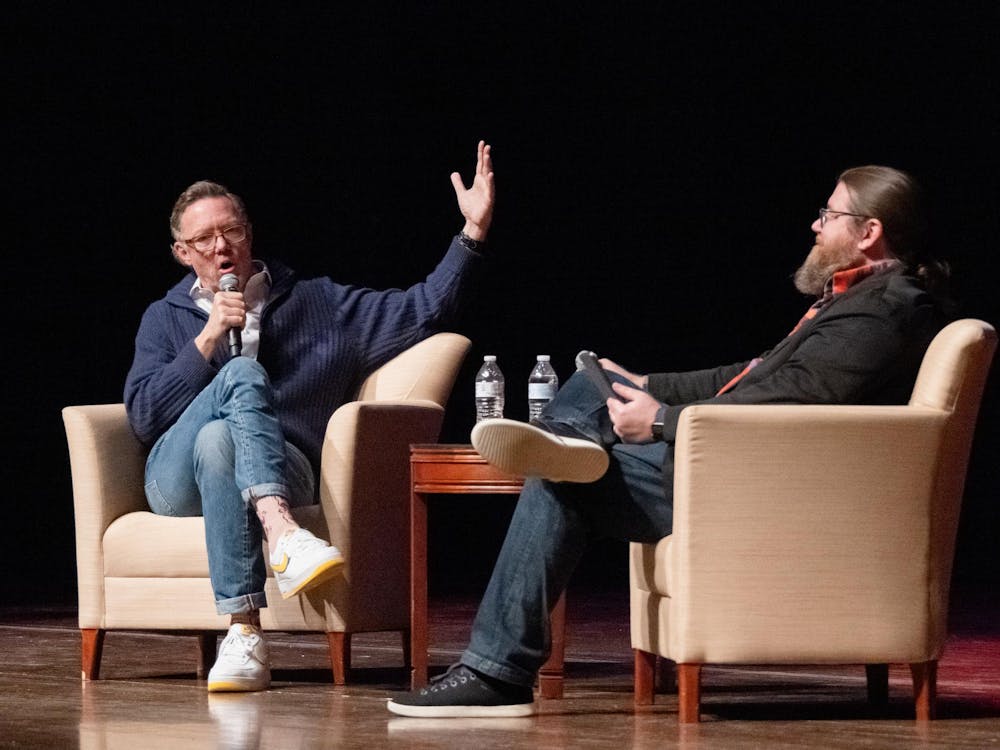The end of the semester can bring on a lot of stress for students. However, most students on Miami's predominately white campus aren't having to constantly deal with the exhaustion that comes with being a person of color.
Thursday evening Stephen Quaye, an associate professor in the Department of Educational Leadership, gave a lecture on racial battle fatigue.
"Racial battle fatigue is the emotional toll that racism takes on us as people of color," Quaye said.
Quaye's studies at Miami University focus on how students and educators engage in relevant societal issues. Quaye's lecture, titled "Why Can't I Just Chill?", was based on research he conducted at Miami.
The research involved asking students of color how they felt about their overall well-being on campus. Quaye then focused on the most popular answers to show how racism on campus is affecting these students.
Quaye pulled from real world examples to show racial battle fatigue in action. One example Quaye used was the recent protests on campus.
The Black Action Movement 2.0 group recently sent a list of demands to senior faculty members at Miami. According to Quaye, this is an example of how these students are stressing about more than just their studies.
"They are spending a lot of emotional, mental energy to try to transform their campus so that they can just chill and be students on this campus," Quaye said.
While dealing with the course load an institution like Miami University offers, white students on campus also participate in various student organizations and activities. Racial battle fatigue, according to Quaye, prevents black students from participating in these same activities.
Miami University's provost, Phyllis Callahan, said Miami is trying to take necessary steps to ensure minority students on campus feel validated.
"I really value what Professor Quaye is saying, so I think we're trying, and there could always be more," Callahan said.
The lecture engaged the audience and allowed participants to share their thoughts on the subject matter. Keisha Norris, an academic advisor in the College of Engineering and Computing, said that there are many ways Miami could do better.
Enjoy what you're reading?
Signup for our newsletter
"I think as an institution we have to say we understand that this happens, we know why this exists, and we collectively decide to be apart of the solution," Norris said.
bargerhr@miamioh.edu



